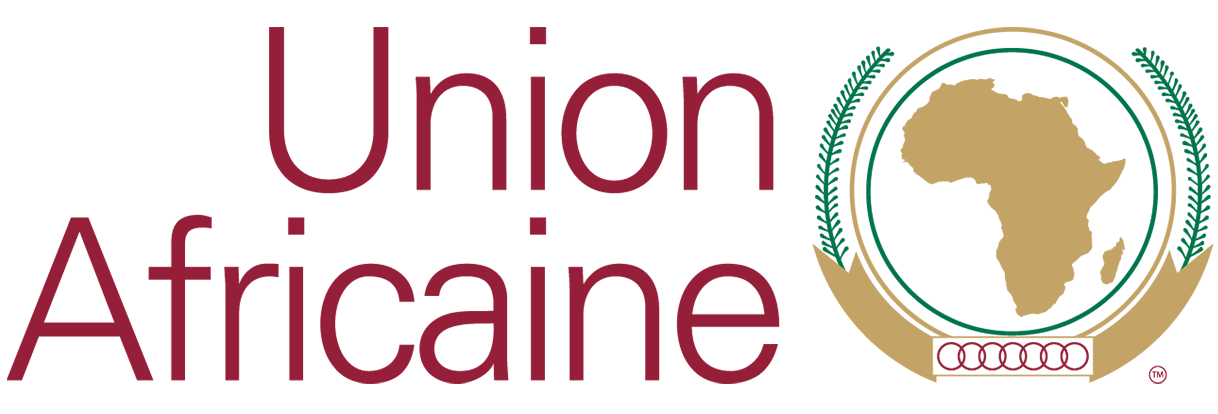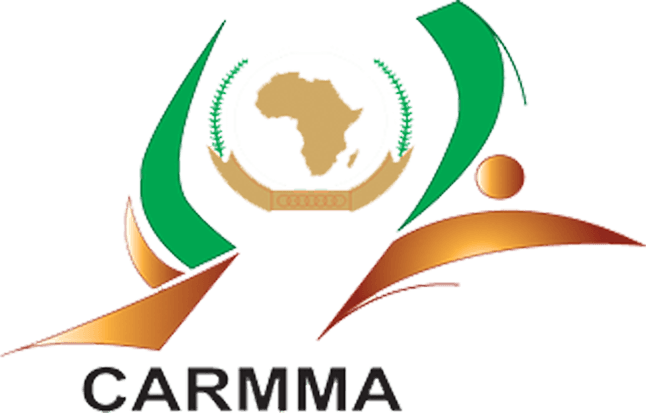Status Quo
A pre-requisite for vaccine administration is regulatory and approval processes that assess, inspect and authorize the use of the vaccine. In Africa, this process is being undertaken at national level where the vaccines are subjected to the national medicines regulatory authorities for efficacy, safety and quality assurance. At the Member States level the regulatory authorities establishment and mandate differ from country to country based on availability of both human and financial resources. These regulatory bodies are responsible for registration, market authorization, pharmacovigilance, clinical trials, inspection, licensing, market and quality control, as well as medicines advertising and promotion in order to ensure the roll-out of safe and efficacious pharmaceutical products including vaccines.
While significant progress in being made by some national regulatory authorities, some African Union member states do not have a fully operational pharmaceutical regulatory authority, those that have face numerous limitations particularly weak or non-coherent legislative frameworks, redundant/duplicative processes, slow medicine registration processes and subsequent delayed decision. The slow medicines and medical products registration processes are as a result of minimal infrastructure, and the lack of appropriately trained personnel. Other challenges faced by some member states include inefficiency, limited technical capacity, and lack of adequate and sustainable resources. Some AU member states have reported that the Pharmaceutical policy implementation is not regularly monitored or assessed while some member states lack policies relating to clinical laboratories.
Why the urgency for a Harmonized Medicines and Vaccines Regulatory System in Africa?
The COVID-19 pandemic has amplified the need for a harmonized mechanism that ensures investments in regulatory capacity development towards the achievement of improved standards in the regulation of medicines, medical products and technologies across the continent. For example, a single regulatory agency is essential in obtaining coordinated responses and emergency guidance on vaccines that begins with the clinical development stage, to approval for use.
What steps is Africa taking?
The African Union Assembly of Heads of State and Government adopted the legal instrument for the establishment of the African Medicines Agency (AMA) in February 2019. AMA will serve as the continental regulatory body that will coordinate on-going regulatory systems; provide regulatory guidance; complement and enhance collaboration. The Agency will also contribute to improving patients access to quality, safe, efficacious and affordable medical products and health technologies on the continent. AMA will coordinate joint reviews of clinical trials applications for vaccines and ensure harmonized legislation.
AMA will also strengthen and harmonize medical products regulation efforts of the African Union recognized Regional Economic Communities (RECs), Regional Health Organizations (RHOs) and Member States. The agency will complement the work of the Africa CDC by fast tracking approval and monitoring of clinical trials for vaccine and therapeutics including solidarity trials. In addition, AMA will advance the implementation of the Pharmaceutical Manufacturing Plan for Africa and the Africa Continental Free Trade Agreement by supporting the local and regional pharmaceutical companies by enhancing and expanding markets across Africa.
The need for a harmonized solution is to fast track development and approval of the vaccines especially during public health emergencies. AMA will in addition have checks and balances for other medicines in the continent and issue licences for their manufacturing and delivery based on scientific evidence. According to WHO Global surveillance and Monitoring system, 42 per cent of all reports on substandard and falsified medical pharmaceuticals world-wide between 2013 and 2017 came from Africa. This is a worrying trend especially in the face of a looming pandemic.
The AMA Treaty recognizes the successes of the African Medicines Regulatory Harmonization (AMRH) since its establishment in 2009, under the management and guidance of the African Union Development Agency (AUDA-NEPAD) working with RECS and RHOs to facilitate harmonization of regulatory authorities (NMRAs) of the AU Member States to meet internationally acceptable standards, and provide a favourable regulatory environment for pharmaceutical research and development, local production and trade across countries on the African continent. In collaboration with WHO and other stakeholders the Commission is working towards fast tracking the establishment of the AMA through strategic advocacy campaigns.
The Treaty establishing the African Medicines Agency, will enter into force once ratified by fifteen African Union Member States. So far, eighteen Member States have signed the AMA Treaty and eight have ratified while 5 have deposited the instrument of ratification. The Commission continues to appeal to Member States to fast track the signing and ratification that will establish the agency to promote quality, safety, efficacy and affordable medicines.







